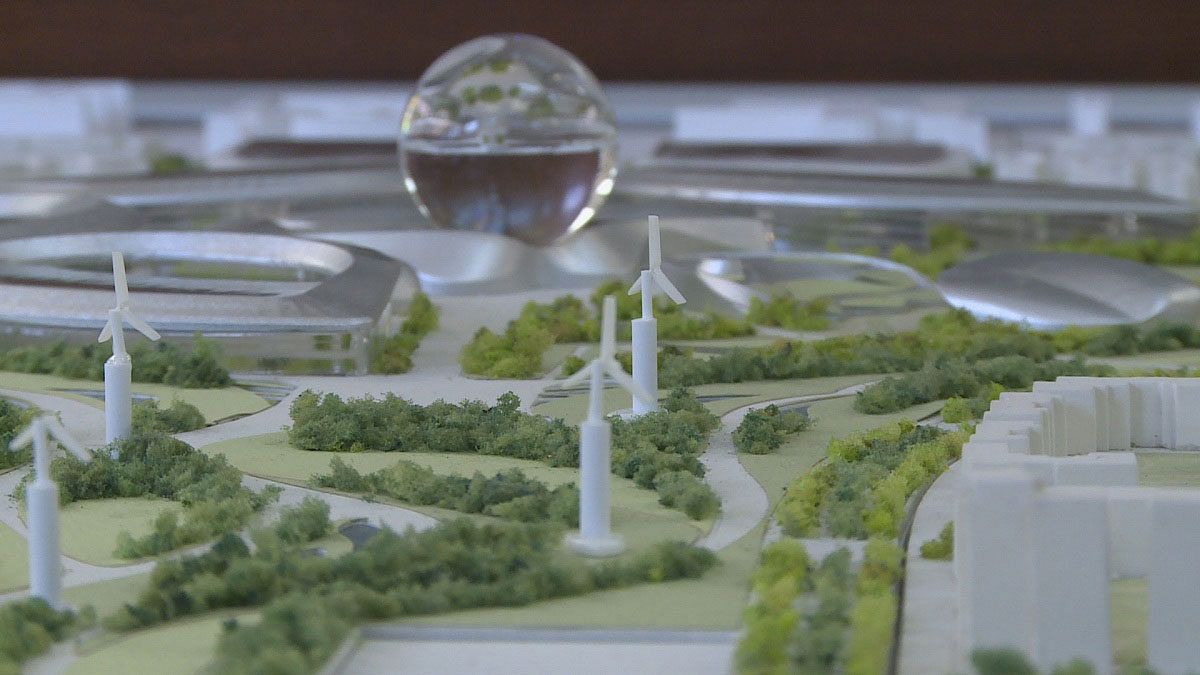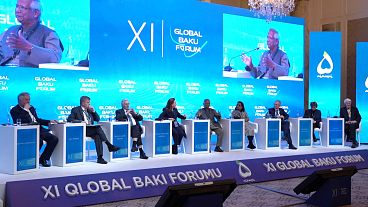Energy efficiency and security are big issues, along with finding better ways to reduce production of carbon gases, and experts from around the world have gathered in Astana, in Kazakhstan to discuss the way forward.
Alex Ignatiev from the Alternative Energy Research Institute, University of Houston in the US, pointed out the importance of energy supply to economies: “We need to to increase energy availability: for economies to grow, for societies to grow. And that is the current challenge. You have to realise that by 2050, so it has been said, we will have to double our availability of electrical energy.”
Reducing carbon dioxide emissions is also vital but real results will require a global effort, Chris Hansen, of IHS Energy Insight, explained: “The challenge of course is that it’s very easy to point finger, right. The US says, well if the Chinese don’t move then we’re not doing anything serious, and the Chinese say, well the US are the cause of the problem and we’re not going to be as aggressive. So my hope is that now the US and Europe have shown a more sustained commitment to fighting carbon then we can have some better policy outcomes.”
In 2017 oil-rich Kazakhstan will host an international exhibition on future energies. Aidar Marat, the senior manager of Astana Expo 2017 said that it would be a demonstration as well as an exhibition: “Our theme is future energy, and we’re not just going to exhibit those technologies that should produce renewable energy and energy efficiency, but we’re going to implement them into the buildings, such as building integrated photo-voltaic panels, wind turbines, geothermal piles, and basically the buildings will comply with the requirements of energy efficiency buildings.”
Rapil Zhoshybayev, the Commissioner of Astana Expo 2017, added: “The theme of our exhibition is attracting many countries, because the nations of the world are worried about the issue of energy.”



